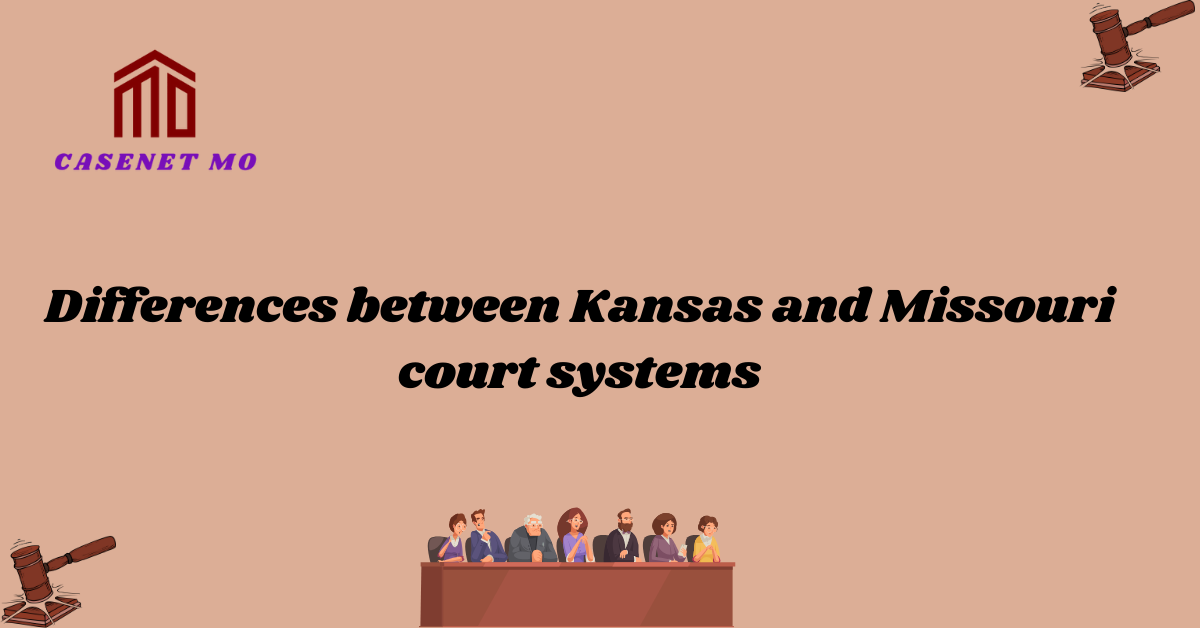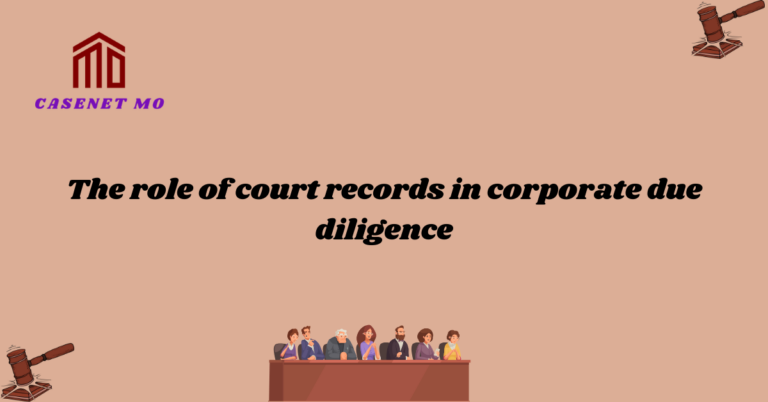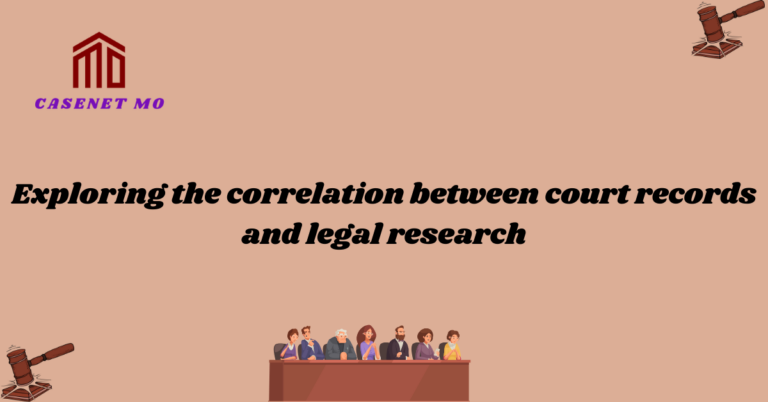Differences between Kansas and Missouri court systems
When it comes to the legal systems in the United States, each state has its own unique set of laws and court systems. In this article, we will explore the differences between the court systems in Kansas and Missouri. These two neighboring states may share a border, but when it comes to their judicial processes, they each have their distinct characteristics.
In Kansas, the court system is divided into several levels. At the lowest level are the municipal courts, which handle traffic violations and minor offenses. Above that are the district courts, which have general jurisdiction over a wide range of cases, including civil, criminal, and family law matters. The Kansas Court of Appeals serves as the intermediate appellate court, while the highest court in the state is the Kansas Supreme Court. This hierarchical structure ensures that cases can be reviewed and appealed at various levels, allowing for fair and thorough consideration of legal disputes.
Kansas Court System
In Kansas, the court system is divided into several levels. At the lowest level are the municipal courts, which handle traffic violations and minor offenses. These courts play a crucial role in maintaining law and order in the state, ensuring that even the smallest infractions are addressed.
District Courts
Above the municipal courts are the district courts, which have general jurisdiction over a wide range of cases. These courts handle civil, criminal, and family law matters, making them an integral part of the legal process in Kansas. With their broad authority, district courts play a significant role in resolving disputes and ensuring justice is served.
Appeals and Review
The Kansas Court of Appeals serves as the intermediate appellate court in the state. This court plays a vital role in the judicial process, providing a platform for individuals to seek review of lower court decisions. Its function is to ensure that legal disputes are thoroughly examined and that justice is upheld.
Supreme Court
The highest court in Kansas is the Kansas Supreme Court. This court serves as the ultimate authority in the state’s legal system, responsible for interpreting the law and setting legal precedents. Its decisions have a significant impact on the legal landscape of Kansas, shaping the state’s judicial processes.
A Fair and Thorough System
The hierarchical structure of the Kansas court system ensures that cases can be reviewed and appealed at various levels. This system allows for fair and thorough consideration of legal disputes, promoting justice and protecting the rights of all individuals involved. Whether it’s a minor traffic violation or a complex civil case, the court system in Kansas is designed to provide a fair and just resolution.
Missouri Court System
While Missouri shares a border with Kansas, its court system has its own distinct characteristics. Let’s explore the differences and similarities between the court systems in these neighboring states.
Unique Structure
In Missouri, the court system is also divided into several levels, but with some variations compared to Kansas. Understanding these differences is essential for anyone involved in the legal process in Missouri.
Associate Circuit Courts
At the lowest level in Missouri are the associate circuit courts. These courts handle a wide range of cases, including minor criminal offenses, traffic violations, and civil disputes involving smaller amounts of money. They play a crucial role in resolving everyday legal matters and providing accessible justice to all individuals.
FAQs
What is the structure of the court system in Kansas?
In Kansas, the court system is divided into several levels. At the lowest level are the municipal courts, which handle traffic violations and minor offenses. These courts play a crucial role in maintaining law and order in the state, ensuring that even the smallest infractions are addressed.
District courts in Kansas: Responsibilities?
Above the municipal courts are the district courts, which have general jurisdiction over a wide range of cases. These courts handle civil, criminal, and family law matters, making them an integral part of the legal process in Kansas. With their broad authority, district courts play a significant role in resolving disputes and ensuring justice is served.
What is the role of the Kansas Court of Appeals?
The Kansas Court of Appeals serves as the intermediate appellate court in the state. This court plays a vital role in the judicial process, providing a platform for individuals to seek review of lower court decisions. Its function is to ensure that legal disputes are thoroughly examined and that justice is upheld.
What is the highest court in Kansas?
The highest court in Kansas is the Kansas Supreme Court. This court serves as the ultimate authority in the state’s legal system, responsible for interpreting the law and setting legal precedents. Its decisions have a significant impact on the legal landscape of Kansas, shaping the state’s judicial processes.
How does Kansas court hierarchy ensure fairness?
The hierarchical structure of the Kansas court system ensures that cases can be reviewed and appealed at various levels. This system allows for fair and thorough consideration of legal disputes, promoting justice and protecting the rights of all individuals involved. Whether it’s a minor traffic violation or a complex civil case, the court system in Kansas is designed to provide a fair and just resolution.







